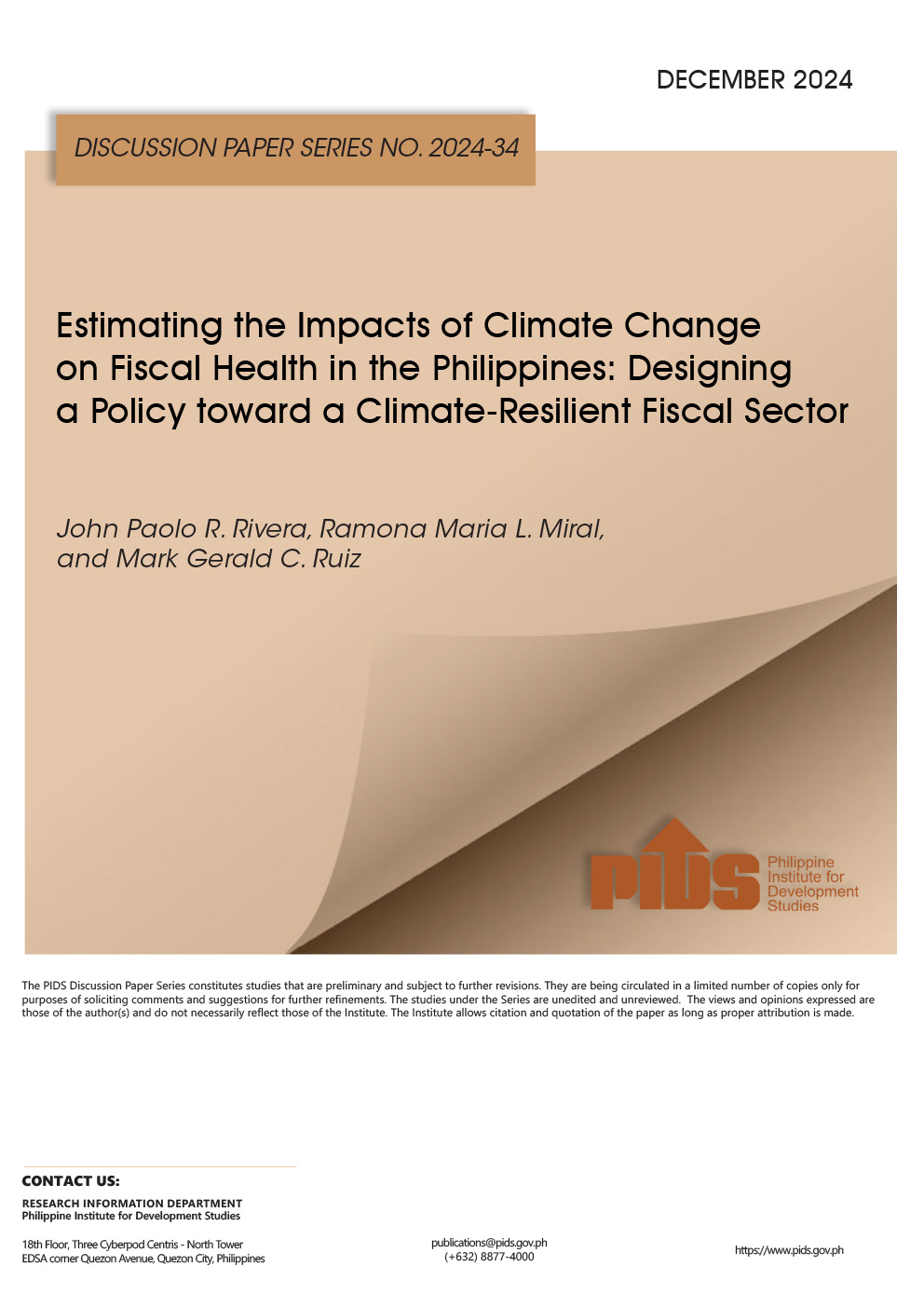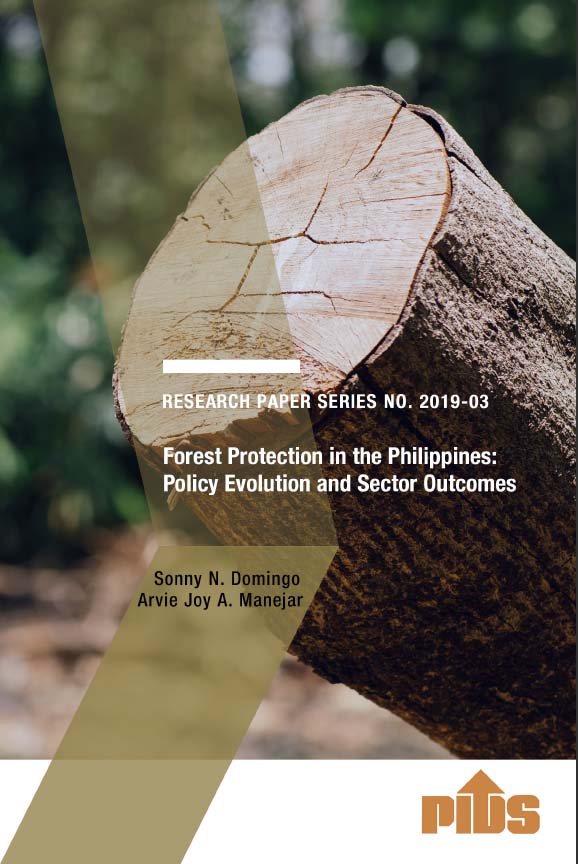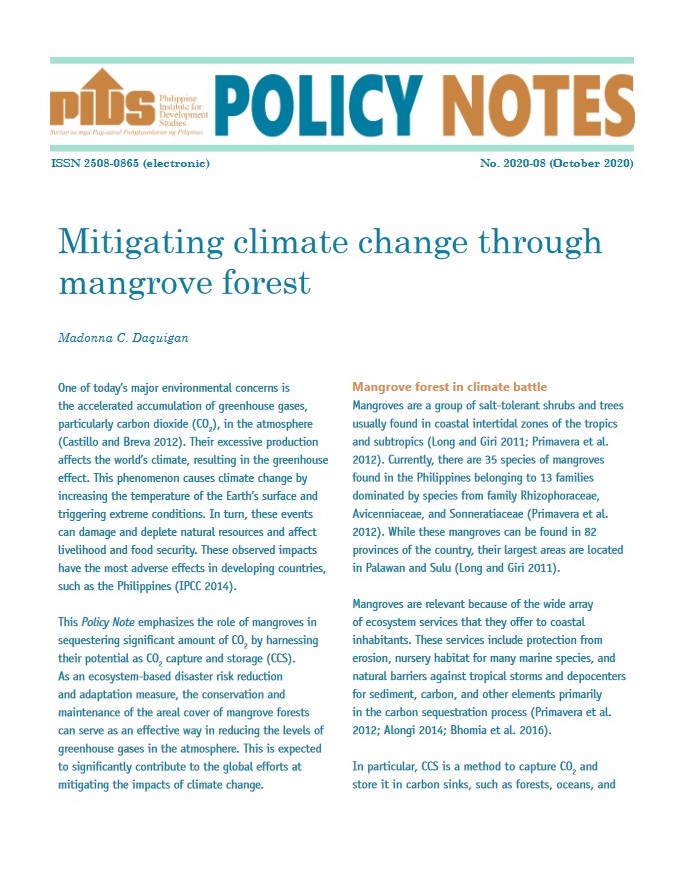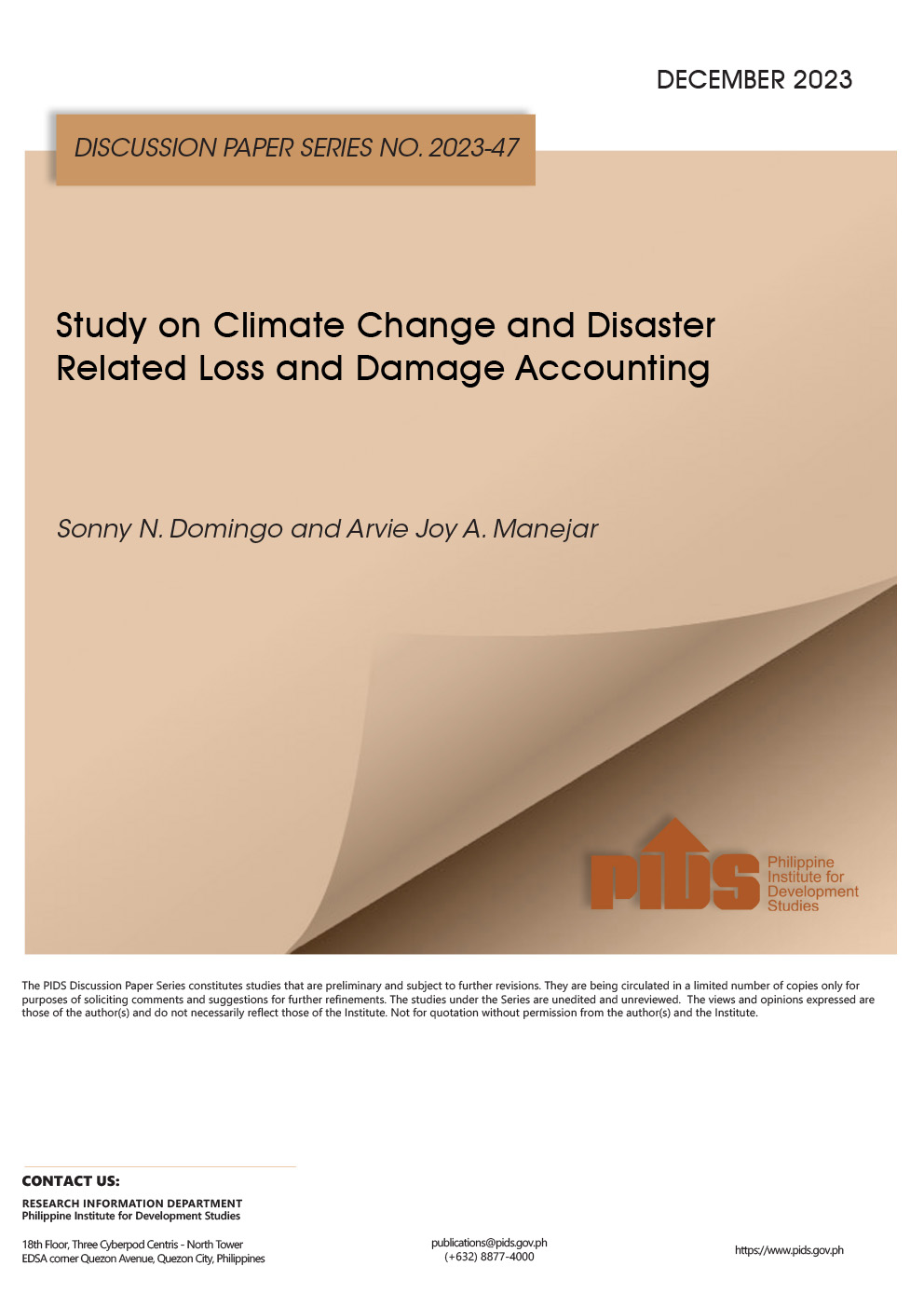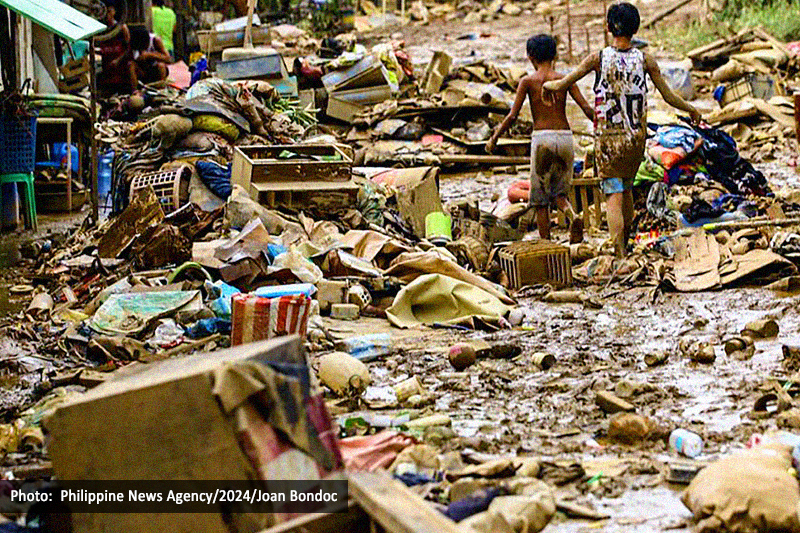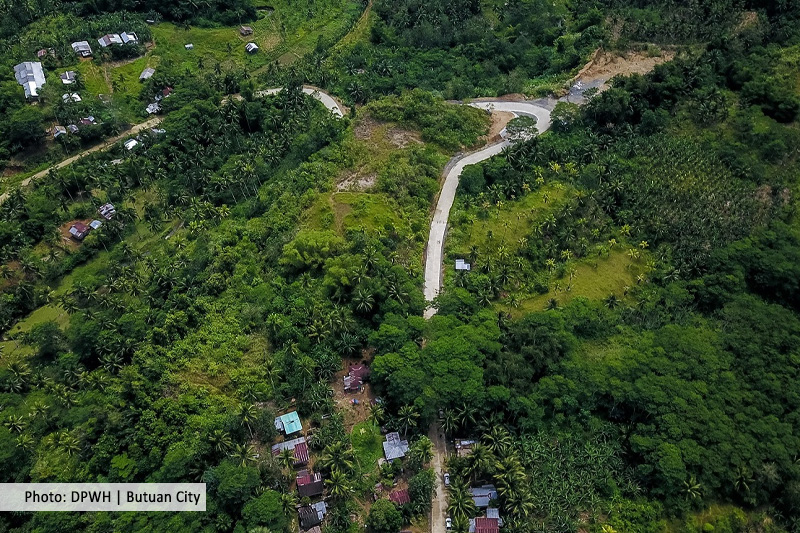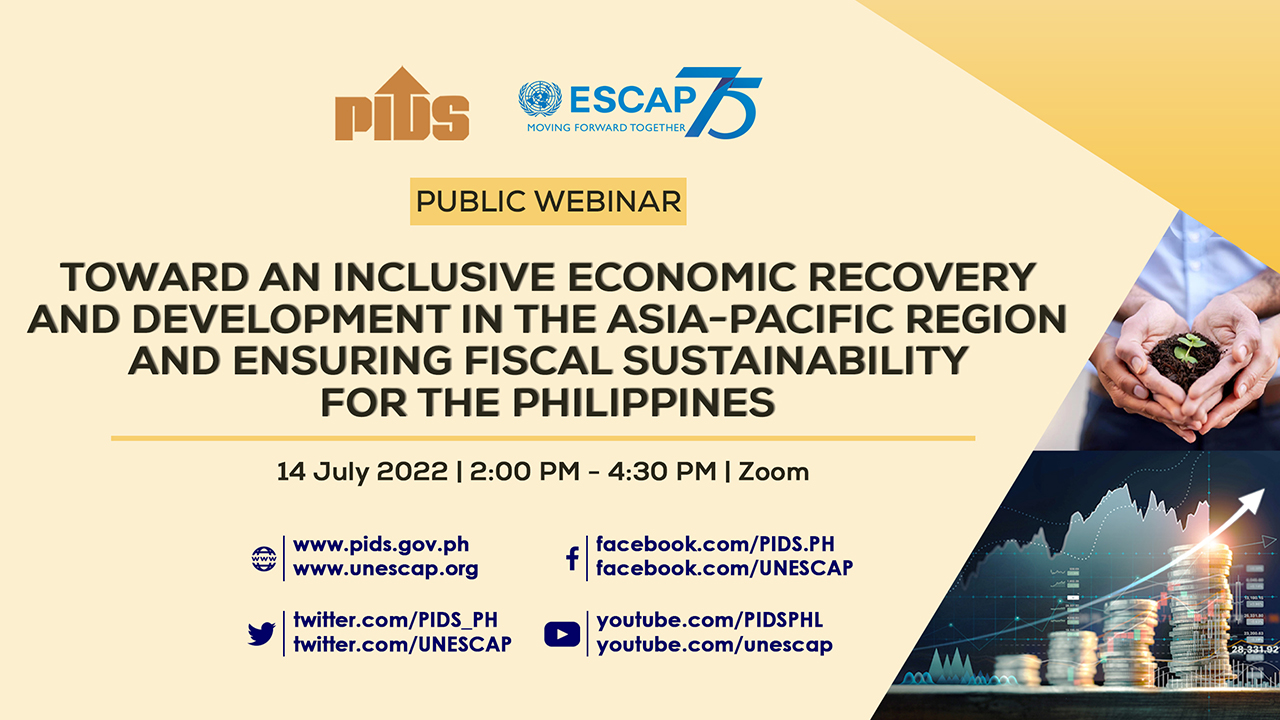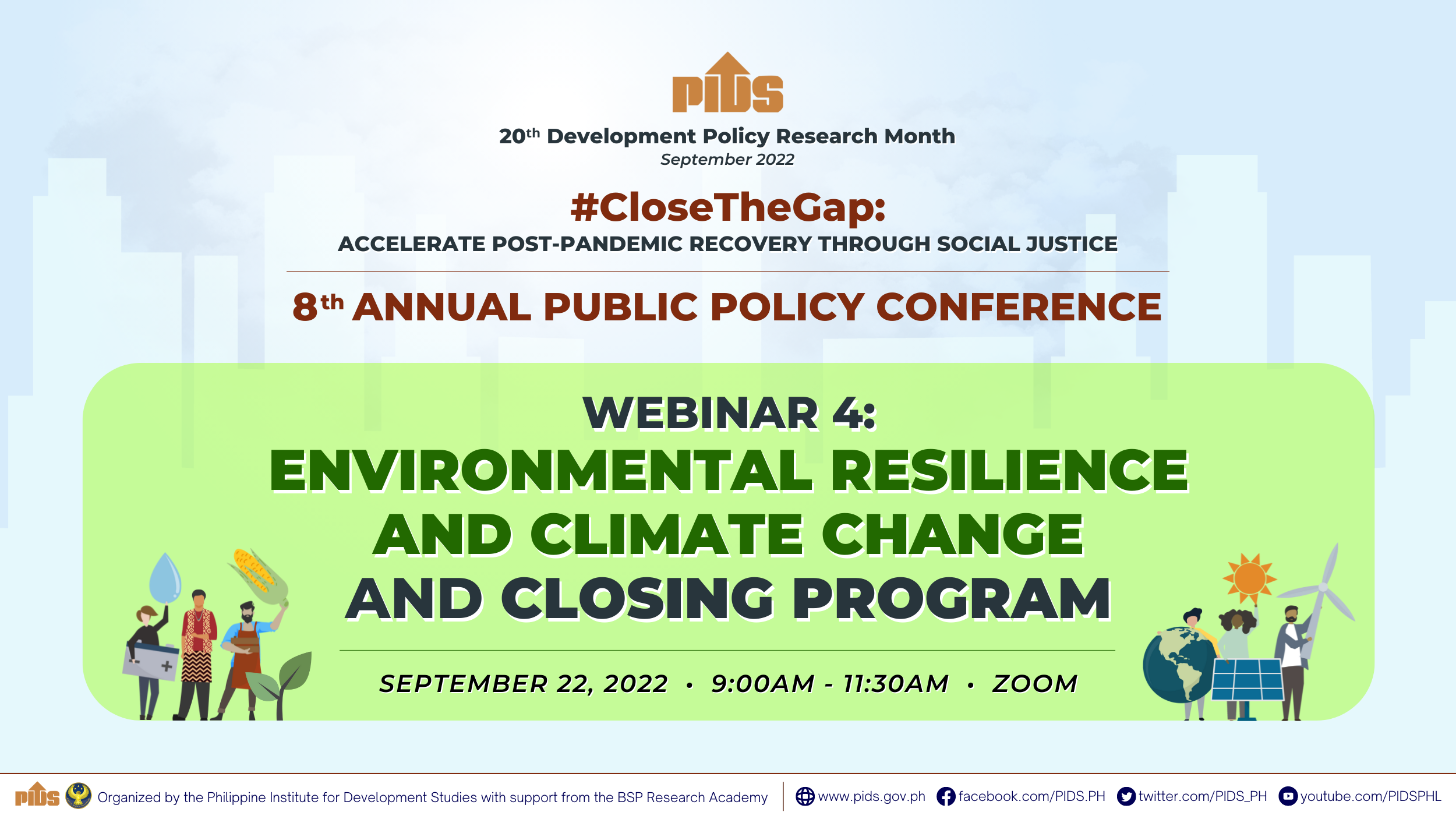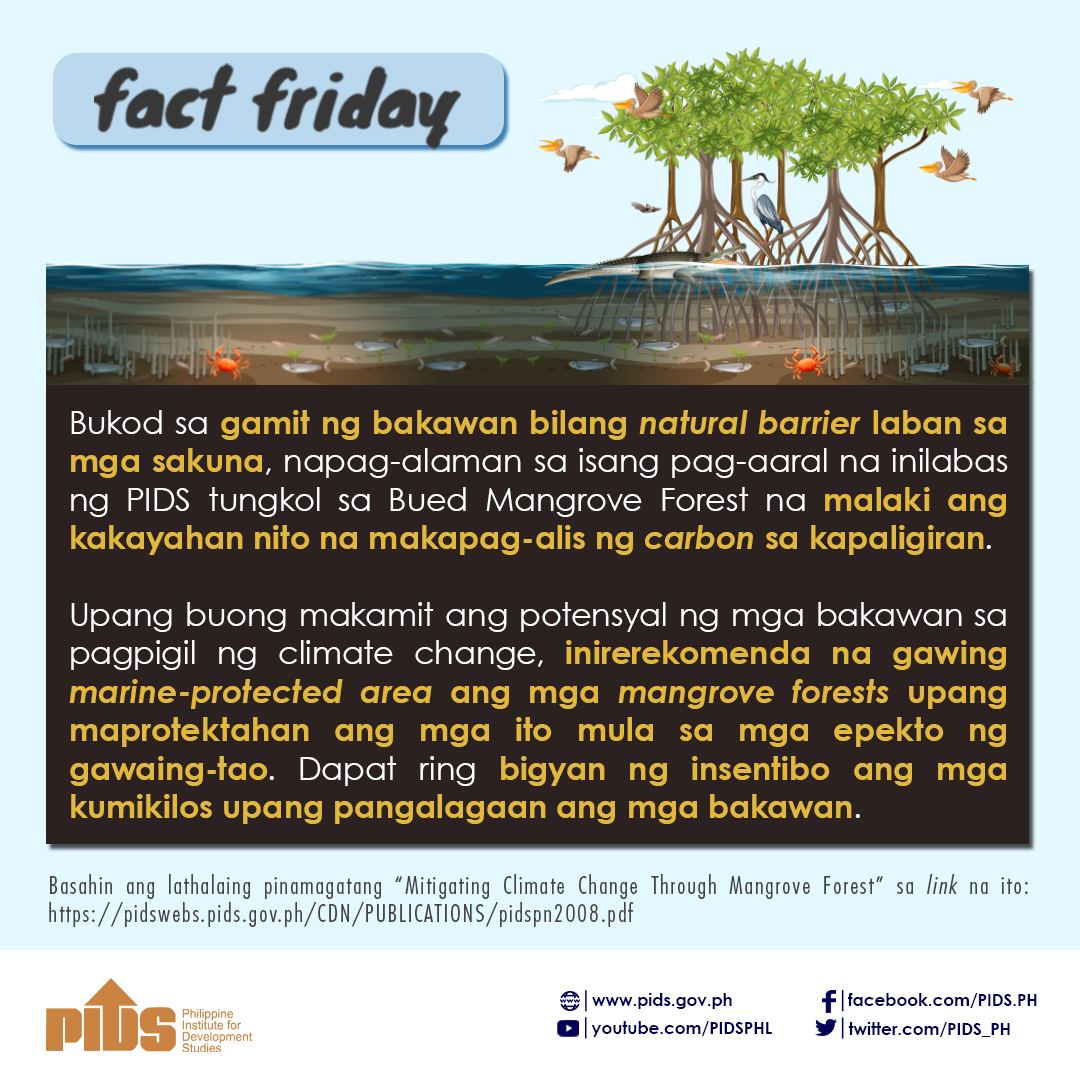This paper explores the fiscal impacts of climate-related phenomena in the Philippines and policy recommendations for creating a climate-resilient economy. A three-pronged empirical approach (i.e., time series, panel data, and cross-section analyses) was employed to examine the nuanced interplay of climate shocks, fiscal health, and economic sustainability. Time series analysis highlighted how structural vulnerabilities, reliance on climate-sensitive sectors, and socio-economic inequalities exacerbate long-term scarring effects on growth. Panel data analysis emphasized the acute impact of temperature on government consumption expenditure, contrasting with the mixed fiscal effects of rainfall and storms, which are influenced by mitigation measures and fiscal structures. Cross-section analysis further elucidated how the fiscal resilience of local government units depends on external revenues, pre-allocated funds, and disaster severity. Findings revealed the need for region-specific fiscal responses, diverging from established scholarly literature due to the Philippines’ decentralized disaster management and reliance on local institutions. Policy recommendations include establishing a climate resilience fund, integrating climate-responsive budgeting, reinforcing risk transfer mechanisms, incentivizing green investments, and empowering local governments to manage adaptation funds. Additionally, investing in climate research, data-driven decision-making, and public awareness campaigns is critical. Aligning climate finance with long-term development plans and the 2030 Agenda for Sustainable Development ensures that resilience is embedded within the broader development strategy. These steps aim to prepare the Philippines for climate-induced risks while fostering sustainable growth, mitigating fiscal shocks, and ensuring economic stability.
Comments on this paper are welcome within 60 days from the date of posting. Email publications@pids.gov.ph.

